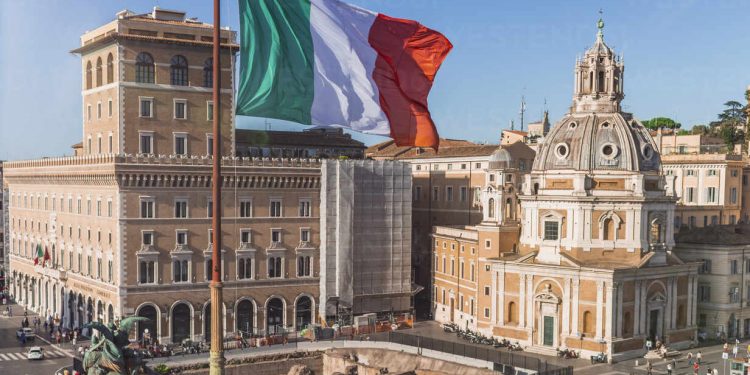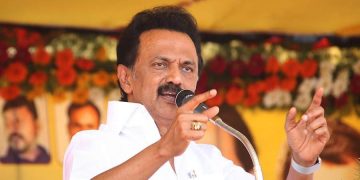Clouds of Fascism and Right-wing autocratic rule are once again hovering over most of Europe as is evident following the collapse of the Mario Draghi government in Italy. Only recently France narrowly escaped such a prospect when the Right wing party leader Marine Le Pen failed to become the country’s President though succeeding in securing an unprecedented number of votes. But, Italy’s fate to be ruled by a Right-wing coalition, the major constituent being the successor of the architect of Italian Fascism, Benito Mussolini, looks almost certain.
Italy will hold a snap national election September 25 after Prime Minister Mario Draghi resigned following the collapse of his national unity government. It has already sent tremors through financial markets. A fierce election campaign is on the cards. The country is facing scorching summer heat and dire human and economic crises resulting from the pandemic and the energy and security concerns created by Russia’s invasion of Ukraine. It is noteworthy that the Draghi government had assiduously, and somewhat successfully, tried to stave off these impediments. A bloc of conservative parties, led by the Far-right Brothers of Italy, is ahead of all other parties in opinion polls that predict a clear majority for it.
Draghi was an unelected former central banker who led a broad coalition for almost 18 months on the assurance of the partners in February 2021 that he would be given a free hand in managing the affairs of the country. He got support from both the Left and the Right. In view of the crises created by COVID-19 and the urgent need for help from the EU, most other major parties, including the Centre-left Democratic Party, the anti-establishment populist Five Star Movement, firebrand Matteo Salvini’s hard-core nationalist Lega, and former Prime Minister Silvio Berlusconi’s Forza Italia lent support to him.
Draghi was fed up with the internal bickering and pulls and pressures exerted by the coalition partners over the past few months. The need to get relief funds from Brussels and the fear that new elections would trigger chaos had held things together. However, in June, the coalition was on the rocks. An increasingly bitter intra-party fight within the Five Star Movement and then between Five Star and Lega, precipitated matters. First, the Five Star threatened to leave the government. Even then there was hope Draghi would survive with a narrower coalition. But, when Lega and Forza Italia insisted on more Right-wing government policies, Draghi had no option but to resign.
The turn of events does not augur well for Italy which needs to pass a budget to implement the reforms sought by the European Commission in exchange for a promised €200bn in grants and loans from the EU’s pandemic relief fund. That process will now be delayed because Italy’s President has dissolved parliament ahead of the September elections. Obviously, and something that most Indians would be able to comprehend, the focus of all those political parties would be on how to defeat their rivals at the hustings rather than fighting inflation, finding ways to get through a difficult winter without Russian energy supplies and helping consumers by fighting inflation.
Pre election polls suggest an alliance of Italy’s Right-wing parties will form the next government. Apart from Salvini’s Lega and Berlusconi’s Forza Italia, the big winner will likely be the Brothers of Italy that had refused, from the beginning, to support Draghi’s government. Its 45-year-old leader Giorgia Meloni, like Marine Le Pen of France, has moorings in Right-wing ideas. As a teenager, she joined the Italian Social Movement, a party inspired by Mussolini. In 2014, she became a founding member of the intensely anti-immigrant Brothers of Italy. She could temper her Right-wing rhetoric for pragmatic politics and the dire need for EU money for tiding over Italy’s financial crisis but that would not be her true self.
Meloni may not have a cakewalk given infighting among Right-wing parties. But, it looks like the next Italian PM may not have Draghi’s crisis-management skill and experience or the will to transcend party politics. This, some observers feel, is no good news for Italy, a country with a history of continual political turmoil.






































